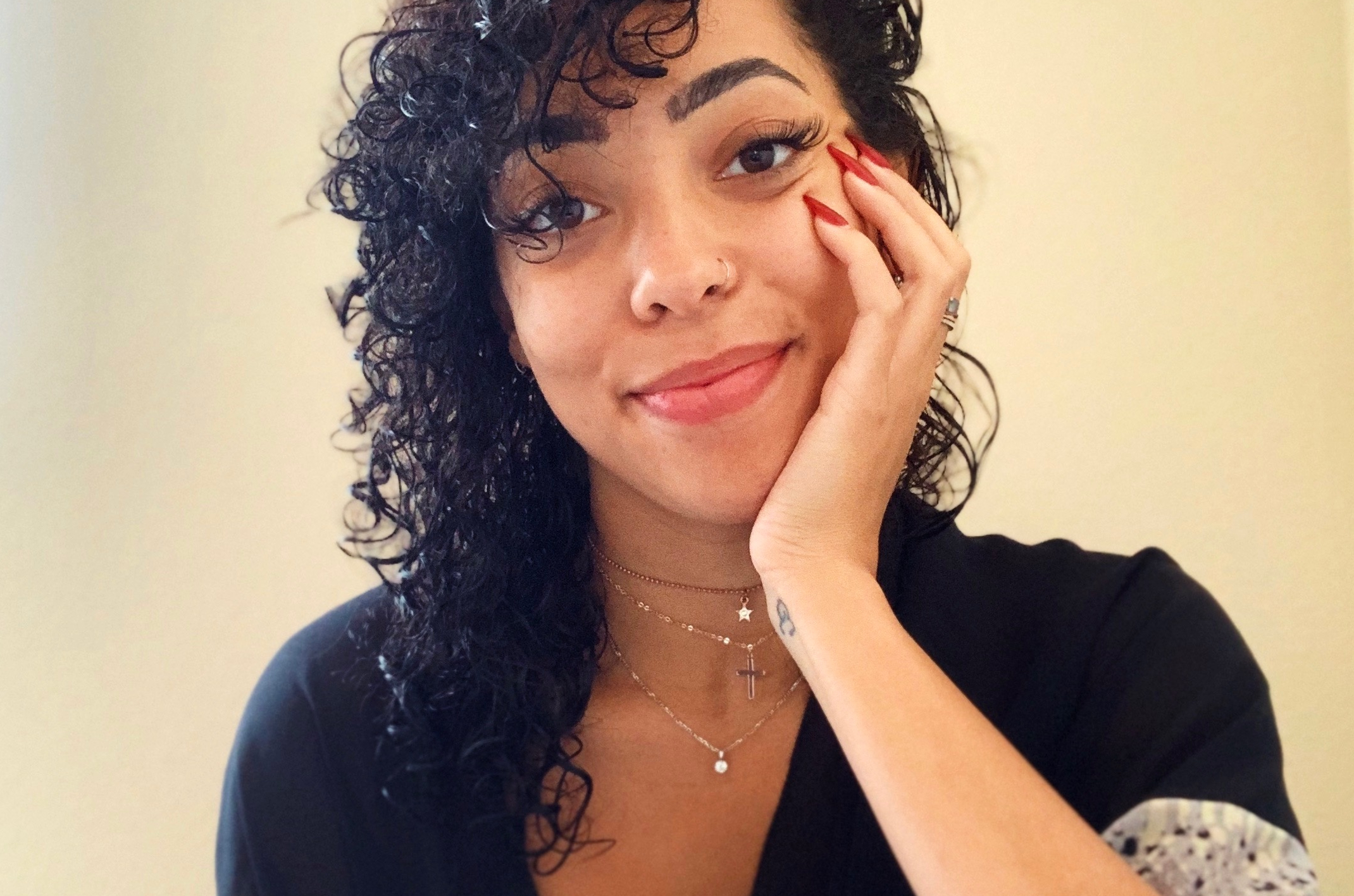What the racial justice movement means to a mixed race family.
As I continue to watch the unrest and divisiveness of our nation, along with celebrations of Black life I began to think about a group that has been somewhat missing from the conversation.
My family and others like us.
My family is interracial. I’m Black, my husband is White, and our children are biracial. My husband and I, together and alone, have talked to our children for years about what it means to be biracial; we’ve always taught them that they represent the future and that they are proof that two races can come together peacefully.
But with all the vitriol, anger, and frustration in our society around racial injustice and equality in the headlines daily, checked in with them again. I asked our girls what it feels like in this moment to be a representation of both races – the oppressor and the oppressed.
And I asked my husband — a moderate conservative — how he feels about it all.
What I received back from them was so powerful that it would be a mistake to excerpt their words and paraphrase their thoughts so that I could squeeze it all into one tidy article.
Instead, I present to you a three-part series from each of their important perspectives. Here is part one from my daughter Jené.
In Her Words:
Jené – 26
“Growing up, being biracial wasn’t “a thing.” I knew I was two races, but it was rarely something other people pointed out. That didn’t start until college when people decided it was necessary to remind me that I’m mixed. Then being mixed and a light skin girl was a fad — all girls wanted to be a “lightly toasted” skin color with brown eyes and curly hair. I don’t know why all of a sudden, we became the “next best thing,” but we did. During that time, being mixed was like winning an Oscar.
Fast forward to the chaos that is 2020 when America is divided by race (I say that as though it hasn’t always been that way). Amidst the #BLM movement and cops shooting people on a whim, being biracial is a physical representation of conflict. We’re not “Black enough” (according to Black people) or we “aren’t really Black” (according to White people), which makes us “other” as though we don’t belong to anyone but ourselves. (That could sound as though we stand in solidarity, but honestly, it’s pretty lonely.) This divide reminds me of being in 3rd grade when I would have to take the fake SAT exams and fill in the damn ethnicity bubbles. It took years for there to be a “Two or More Races” option. I was told numerous times to choose one — *cue Jené thinking, “well how TF am I supposed to do that when my DNA is both? Idiots.”* But in all seriousness, it was incredibly frustrating that we were forced to make a choice, which I never did — I filled in both bubbles because my 10-year old self was making a point.
Now, at 26, and again during the violence that is 2020, being biracial means you don’t belong, and you have a target on your back perpetuated by both sides. How exactly do we make sense of that? We can’t. Imagine if you woke up every day knowing both black people and white people looked down on your existence. Imagine that you wished you could crawl out of your skin and into some Lily Pulitzer wearing white girl’s skin because it would be easier. Now, I would never change my ethnicity — that’s not what I’m insinuating. The point I’m trying to make is that we, as mixed people, are confused. We are conflicted because of our DNA; our genes represent that conflict. So how do people expect us to be okay with knowing that we are the manifestation of yes, people coming together, but also 100+ years of racial hate and divide? And unless you are mixed, there’s no way to understand it, because you are already accepted (generally speaking). We aren’t and never have been. So how exactly is that supposed to not bother us, to weigh on us? We are supposed to be signs of progress, and where has that gotten us? Answer me that.”


